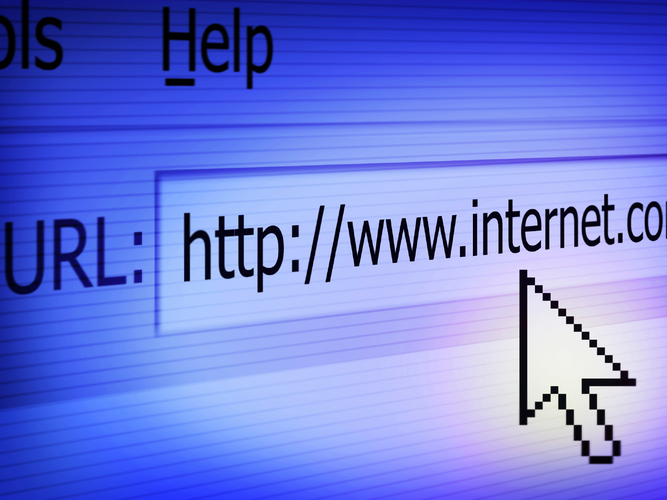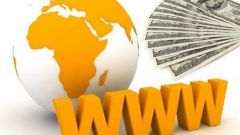Uniform Resource Locator (eng.), which translates as "uniform resource locator".
When you need to find some information on the Internet, the system outputs the result of the search. By clicking on the link opens a web page containing information of interest.
Everything on the Internet web page called documents. Each document has its definite place in the world wide web.
The task of finding the right information is simplified significantly, if you know the whereabouts of this document. The exact path to a specific web page (document) is denoted by the url.
The files that are stored on the computer also indicated path. But the url is based on another scheme and visually, it looks something like this: http://name.ru/papka/document.html.
Data transmission network is under the Protocol. The most common type of http:. In the url it is in the first place.
After the Protocol is written the name of the site. In the above example, it is called name.ru. Speaking in professional language, this part of the url indicates the domain name.
Then specify papka. This part of the address, which stores information of the website.
Specific web page that you want to find in the search system in the example is called document.html.
One part from another in the url separated by a slash " / " is a slash. Double slash is placed after the http:.
In the expanded version of the url may look like this: http://логин:пароль@хост:порт/name.ru/papka/document.html?параметры&параметры#якорь
To address can need username, password and port. Login and password required for access to paid sites.
The port is a special door in order to have had the opportunity to connect to each and other and interact. If the port is closed, then the computer will be impossible to connect.
After the name of the requested web page can be specified more symbols. They are written after the question mark (?). Between these symbols is an ampersand ( & ). Such additional parameters in the browser can be a lot.
After the # sign is substituted for the anchor. On many sites have links to "Read more". If you click on this link, the browser inserted this anchor.
Valid characters in a url, the letters are written in the Latin alphabet; the numbers are marked in Arabic; one of the characters uses a dot, underscore and hyphen.
In rare cases, can be used as "comma" and "semicolon".
When you need to find some information on the Internet, the system outputs the result of the search. By clicking on the link opens a web page containing information of interest.
Everything on the Internet web page called documents. Each document has its definite place in the world wide web.
The task of finding the right information is simplified significantly, if you know the whereabouts of this document. The exact path to a specific web page (document) is denoted by the url.
The files that are stored on the computer also indicated path. But the url is based on another scheme and visually, it looks something like this: http://name.ru/papka/document.html.
Symbols in URLs
Data transmission network is under the Protocol. The most common type of http:. In the url it is in the first place.
After the Protocol is written the name of the site. In the above example, it is called name.ru. Speaking in professional language, this part of the url indicates the domain name.
Then specify papka. This part of the address, which stores information of the website.
Specific web page that you want to find in the search system in the example is called document.html.
One part from another in the url separated by a slash " / " is a slash. Double slash is placed after the http:.
Additions to the URLs
In the expanded version of the url may look like this: http://логин:пароль@хост:порт/name.ru/papka/document.html?параметры&параметры#якорь
To address can need username, password and port. Login and password required for access to paid sites.
The port is a special door in order to have had the opportunity to connect to each and other and interact. If the port is closed, then the computer will be impossible to connect.
After the name of the requested web page can be specified more symbols. They are written after the question mark (?). Between these symbols is an ampersand ( & ). Such additional parameters in the browser can be a lot.
After the # sign is substituted for the anchor. On many sites have links to "Read more". If you click on this link, the browser inserted this anchor.
Valid characters in a url, the letters are written in the Latin alphabet; the numbers are marked in Arabic; one of the characters uses a dot, underscore and hyphen.
In rare cases, can be used as "comma" and "semicolon".

